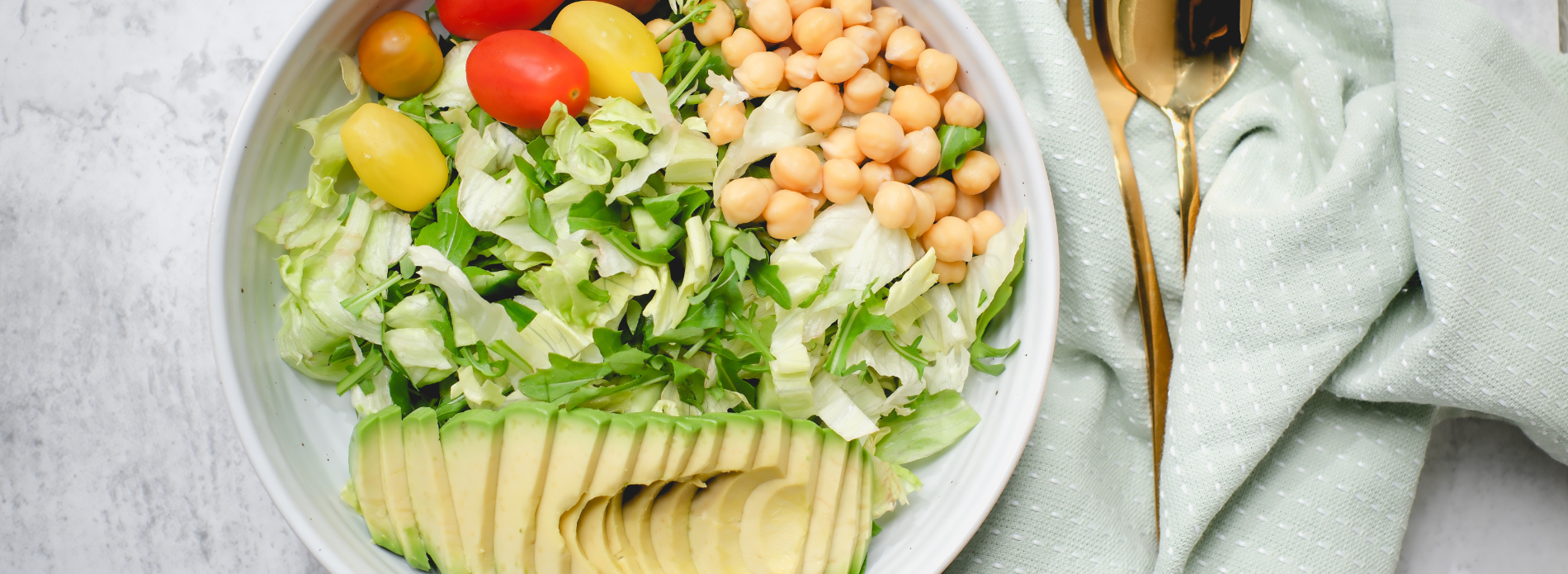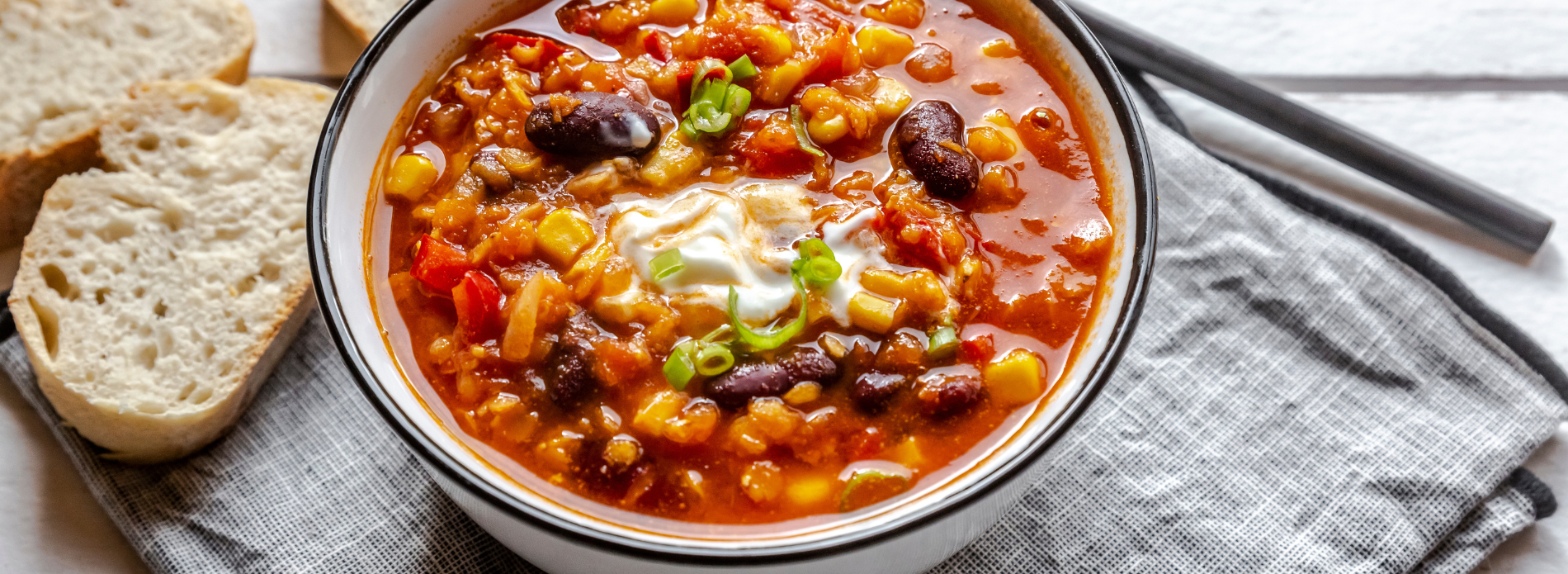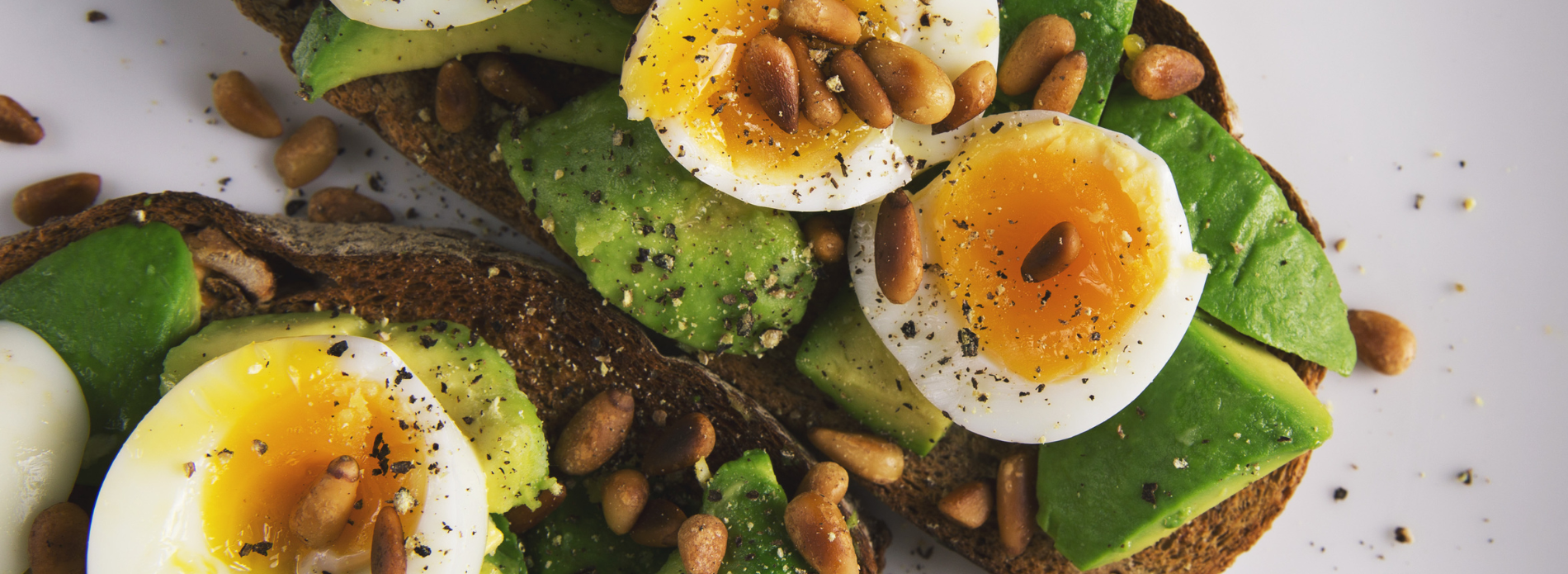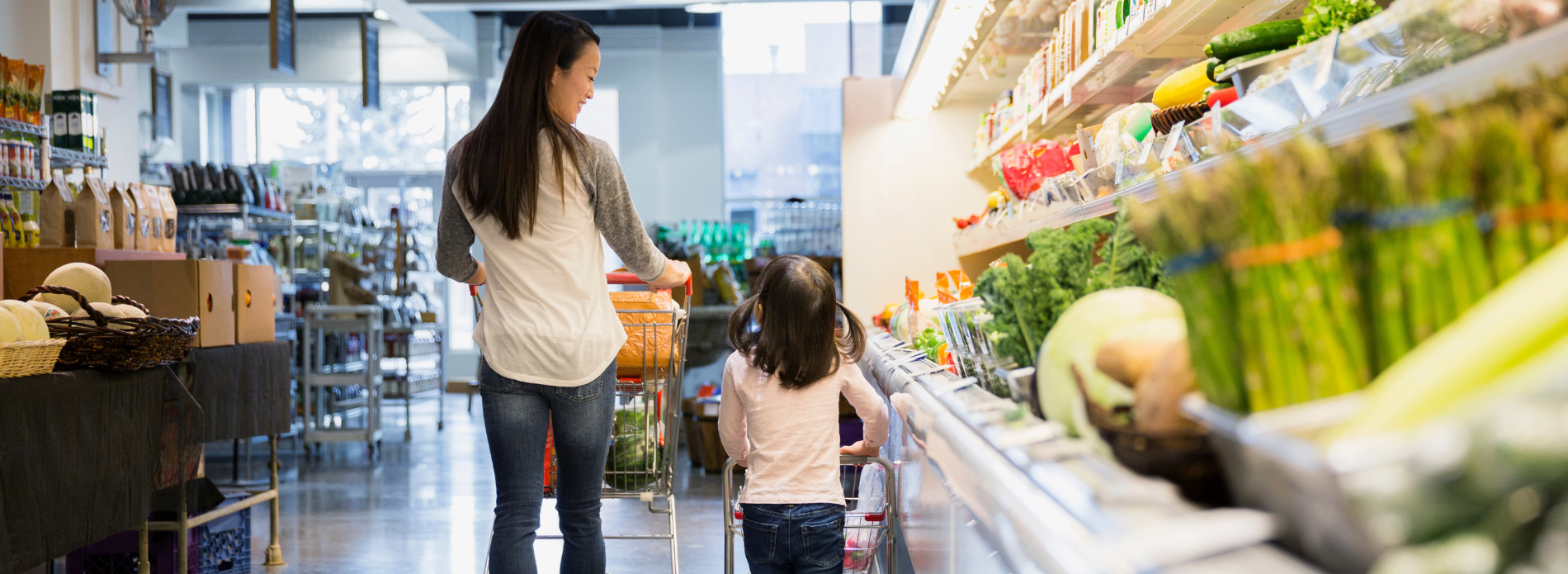Senior physiologist, Raj Kundhi, explores how food plays a huge role in helping us feel good and improving our physical and mental wellbeing. Research shows that when we feel good, we’re more likely to form healthy habits, for example by moving more, and eating healthily.1
Here we look at the role our dietary habits and particular foods can play in boosting our mood and setting us on the road to a healthier, happier life.
We’re not talking about diets, being strict with ourselves, feeling ‘guilty’ or shame about eating certain foods. There’s no doubt that the occasional treat can be just what it takes to put a smile on our faces at the end of a trying day, or as a reward for a job well done.
But in the long term, feeling good relies heavily on having a varied, well-balanced diet that includes all the essential nutrients our body and mind need to function at their best. If we deprive ourselves of any of these nutrients, we create a nutritional imbalance that can affect us physically and leave us feeling low.
Why how we eat matters
By following a few simple steps, we can help prevent feelings of lethargy, irritability and low mood and boost our overall feeling of wellbeing – in other words, find our feelgood!
1. Try not to skip meals
Eating regularly keeps your blood sugar levels stable and you're less likely to feel dips in your mood and energy levels.
B vitamins found in a variety of different foods such as milk, eggs, wholegrain breads and various fruit and vegetables help the body to break down and release energy from food to give us that energy boost.
Choose low glycaemic-index (GI) carbs, such as seeded bread, whole-wheat pasta, porridge, beans, lentils, nuts and look out for fortified products such as breads, cereals and plant-based milks.
2. Eat breakfast
When you sleep your body uses energy to repair and recuperate cells, so when you wake up your energy stores are nearly empty!
Fuelling yourself well in the morning helps to kick-start your metabolism and recharges your batteries. Choose foods that are high in fibre and protein, and low in sugar. Protein helps to balance your blood sugar levels to keep you fuller for longer.
Your choice of eggs with some veggies and/or natural or Greek yoghurt with fruit and nuts provide an excellent protein punch to start your day. Or choose a wholegrain cereal or wholegrain bread with a portion of fruit.
3. Have a varied diet
If you eat a variety of foods, including lots of different coloured fruit and vegetables, you’re more likely to get a full range of vitamins and minerals. This helps your body to work at its best and gives you that feelgood feeling.
4. Stay hydrated
Dehydration can make you feel tired and affect your ability to concentrate or think clearly. Although we should all drink plenty of fluids every day (aim for 1.5-2 litres), water doesn’t just have to come from the tap.
There are lots of ways to make sure your body keeps topped up, for example, fruit and vegetables have high water content, as do dairy products like yoghurt and cottage cheese.
Tea and coffee count but try to avoid too much caffeine as it can act as a diuretic, draining water from your body, therefore dehydrating you as well as potentially disrupting your sleep.
Good-mood food
As we’ve seen, a feelgood diet is one that includes a full range of nutrients, eaten in moderation, from the five major food groups:
- Starchy foods, such as rice, potatoes, and wholemeal bread and pasta.
- Fruit and vegetables (at least five different coloured portions a day).
- Protein, such as lean meat, fish, beans and eggs.
- Dairy foods, such as milk, cheese and yoghurt.
- Oils and spreads – choose healthier, unsaturated fat products where possible and look at portion control (too many saturates have been found to raise levels of harmful cholesterol in the blood).
Within these food groups, there are certain vitamins and minerals that research suggests have a particularly important influence on our mood and energy levels:
B vitamins
You need B vitamins for energy and to keep your nervous system healthy. A deficiency can make you feel depressed or irritable.
You get vitamin B from yeast extracts, wholegrains, salmon, leafy green vegetables, eggs and fortified breakfast cereals – check food labels for vitamin B, thiamine (B1), riboflavin (B2), niacin (B3), pantothenic acid (B5), pyridoxine (B6), biotin (B7), folate (B9) and cobalamin (B12).
Iron
A lack of iron can make you feel lethargic, so try to incorporate foods such as lean red meat, nuts, dried fruits, liver and leafy greens, such as spinach or kale.
Bread and some breakfast cereals are also fortified with iron and can be a useful source for non-meat eaters, as are beans, lentils and tofu. Try not to drink tea with your meals as this reduces the absorption of iron from food.
Try fruit juice instead, as vitamin C enhances iron absorption.
Glucose
Feeling good comes from a diet that gives you a steady supply of glucose. This is best achieved through a regular, but not excessive, intake of low-glycaemic carbohydrates.
Choose moderate amounts of wholegrain/wholemeal varieties of pasta, beans, lentils, bulgur wheat, seeded or granary breads, and fruit and vegetables.
Selenium
Selenium has been shown to reduce feelings of negative mood and depression.
Good food sources of selenium include Brazil nuts, meat, fish and eggs. Just two Brazil nuts a day will give you your recommended reference nutrient intake of selenium.2
Walnuts and Brazil nuts also provide potassium, calcium, magnesium, iron, zinc and vitamin E. Just be mindful that they are also high energy foods so if you’re counting calories, they can shoot the numbers up so be mindful of your portion sizes.
Folate
Studies have also suggested that having insufficient folate in your diet can increase your chances of feeling low3. You can get folate from liver, green vegetables, citrus fruits, beans, yeast extract and breakfast cereals.
>Try our Spinach and Courgette Lasagne recipe
Food is your body’s fuel; it is also a source of joy – in the eating of it, the bringing together of people around a table, and the impact it can have on your overall wellbeing. What you put in your body is essential to good health and a positive mindset.
References
- Positive psychological attributes - National Library of Medicine
- Selenium and health - NIH
- The association of folate and depression - National Library of Medicine












